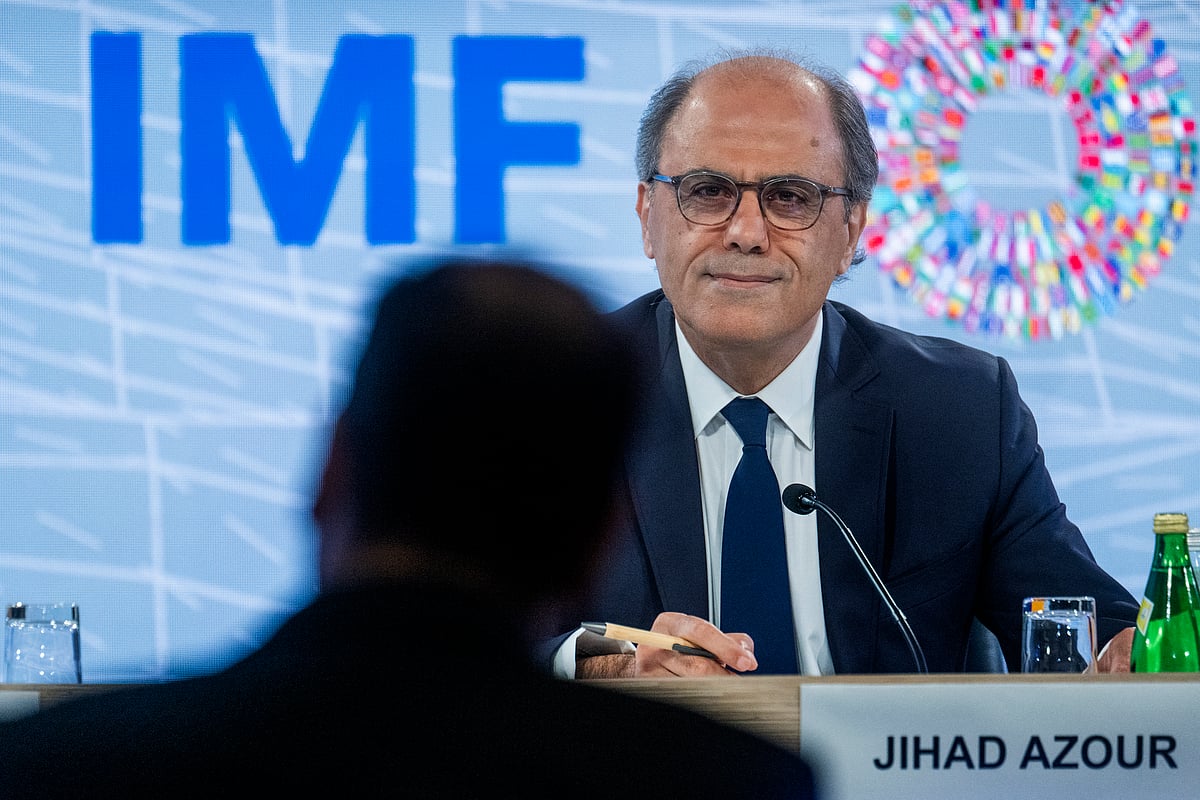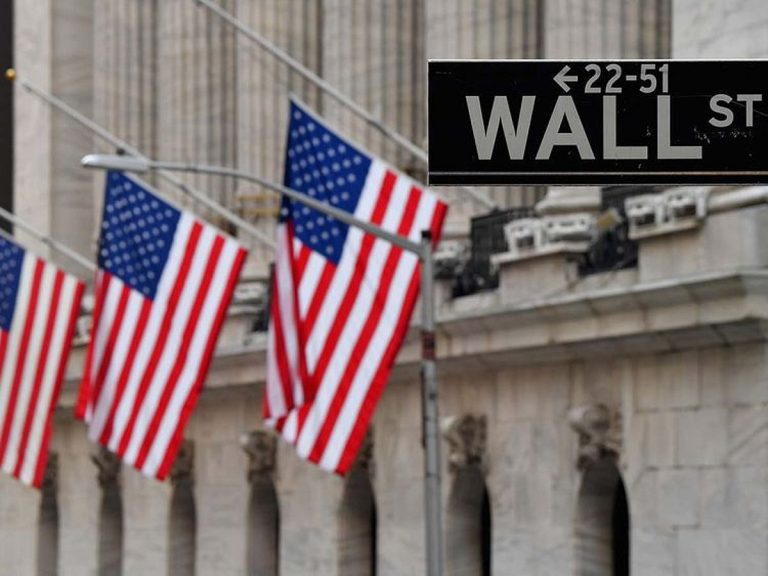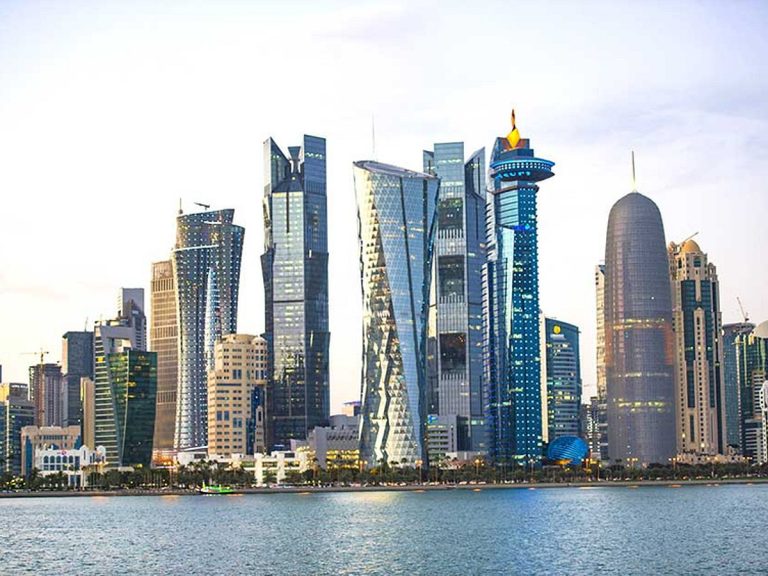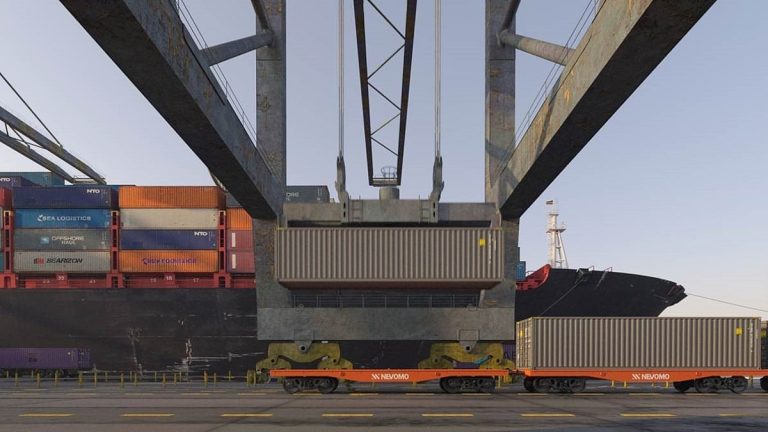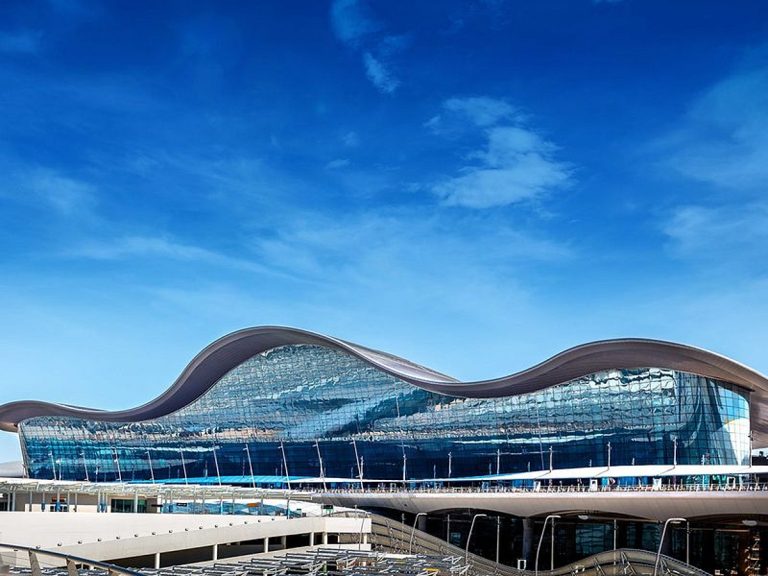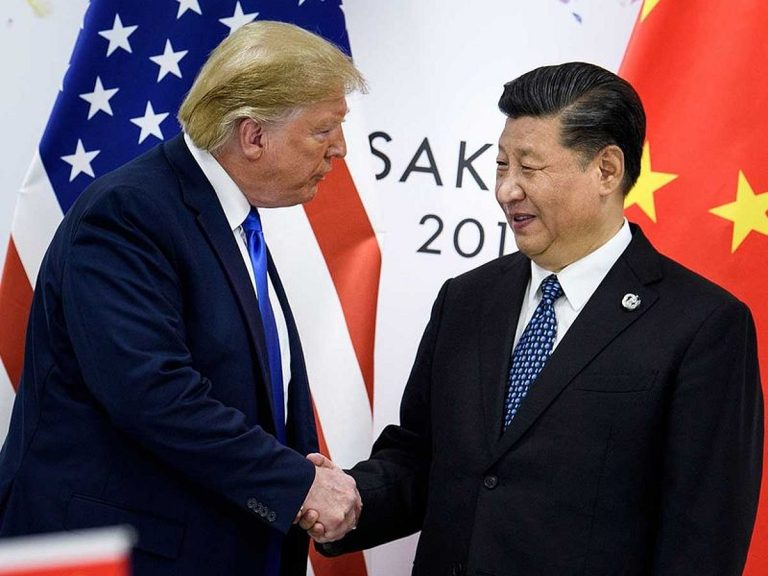UAE Leads Gulf in AI Development and Investment
The International Monetary Fund (IMF) has identified the UAE as a frontrunner in the Gulf region’s adoption of artificial intelligence (AI). With significant investments in technology and education, the UAE is well-positioned for future growth, according to IMF officials.
Investment in Technology and Education
During a media briefing in Dubai, Jihad Azour, Director of the IMF’s Middle East and Central Asia Department, highlighted that the UAE, along with Saudi Arabia and Qatar, ranks among the top Gulf Cooperation Council (GCC) countries in terms of readiness for AI integration. Azour emphasized that future investments in technology, AI, data centers, and advanced internet infrastructure will be crucial for the region’s next growth phase. He stated, “These investments are expected to yield results in terms of growth and increasing investment.”
The Broader Impact of AI
Azour discussed the transformative potential of AI, noting that it will significantly alter the workforce landscape. He estimated that approximately 40% of the labor force could be affected by these changes. Access to technology, particularly for youth, startups, and small to medium-sized enterprises (SMEs), is vital for fostering growth and enhancing financial inclusion. He remarked, “Access is not only to increase growth but also to improve inclusion, access to finance, talent, knowledge, and infrastructure.”
The Role of Education and Skills Development
The IMF stresses that the region’s readiness for AI adoption hinges on investments in education and skill development. Azour pointed out that expanding educational opportunities is essential for countries beyond the top three GCC nations to compete effectively in the evolving landscape.
Resilience Amid Challenges
Azour noted the GCC’s resilience in the face of recent global challenges, including the COVID-19 pandemic, the war in Ukraine, and fluctuating oil prices. He attributed this resilience to years of structural reforms that have enhanced market functionality, access to finance, and labor market conditions. He praised the UAE’s diverse economic sectors, highlighting strong performances in both oil and non-oil industries, particularly in services, tourism, real estate, and financial services.
Financial Stability and Future Outlook
Despite the current financial comfort of Gulf governments, Azour urged caution regarding fiscal management. He indicated that while short-term impacts are limited, there is a noticeable decline in both current-account and fiscal surpluses. He stressed the importance of diversifying revenue sources beyond oil and maintaining fiscal discipline to ensure long-term stability.
Regional financing conditions remain favorable, with significant market activity reported. Azour noted that issuances from the region have already surpassed the total for the entire year of 2024, reaching $48 billion by the end of September. However, he cautioned that countries must remain vigilant about financial risks and manage their debt responsibly.
New Trade Routes and Regional Alliances
The IMF also highlighted the potential benefits for Gulf economies from evolving global trade routes and new regional partnerships. Azour pointed out that the region has diversified its import and export sources and has established alliances that could enhance investment and talent attraction.
Addressing Concerns in the AI Sector
In response to concerns about potential overheating in the rapidly growing AI sector, Azour reassured that the region’s financial systems are robust and well-regulated. He emphasized the importance of education in building necessary skills to support the transition to an AI-driven economy. With a young, tech-savvy population—over two-thirds of whom are under 30—the Gulf is well-positioned to leverage this demographic advantage.
FAQs
What role does education play in AI adoption in the UAE?
Education is crucial for developing the skills necessary for AI integration. The IMF emphasizes that investments in education will help prepare the workforce for the changes brought about by AI.
How is the UAE’s economy performing in relation to AI investments?
The UAE’s economy is thriving, with strong performances in both oil and non-oil sectors. Investments in AI and technology are expected to further enhance this growth.
What challenges do Gulf economies face despite their financial stability?
While Gulf economies are currently financially stable, they face challenges such as declining surpluses and the need for revenue diversification. Maintaining fiscal discipline and managing debt are essential for long-term stability.
Conclusion
The UAE is poised to lead the Gulf region in AI development, driven by strategic investments in technology and education. As the region navigates economic challenges and opportunities, continued focus on skill development and fiscal prudence will be vital for sustained growth and competitiveness.
Also Read:
SAR6 Billion Real Estate Fund Launches in Makkah
Investment Sectors for UAE NRIs in India’s Economy
Dubai’s Infrastructure Investment Exceeds Dh175 Billion

